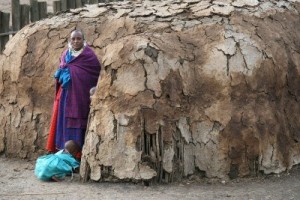 Imports. Exports. These are things we know well. We have whole retail chains dedicated to these ideas. As women, we have the buying power and our impact is measured in dollars and cents. But what if there were other ways to measure our impact? We keep the United States’ GDP up and running with our spending; we keep it wealthy. But what about other things that women contribute, such as our time taking care of those around us so, at times, others can be wage earners? What about the “services” the environment offers? Will that be counted as part of a nation’s wealth? The debate has been on for quite some time.
Imports. Exports. These are things we know well. We have whole retail chains dedicated to these ideas. As women, we have the buying power and our impact is measured in dollars and cents. But what if there were other ways to measure our impact? We keep the United States’ GDP up and running with our spending; we keep it wealthy. But what about other things that women contribute, such as our time taking care of those around us so, at times, others can be wage earners? What about the “services” the environment offers? Will that be counted as part of a nation’s wealth? The debate has been on for quite some time.
For more than 20 years, women’s organizations and feminist economists have called for a paradigm shift in mainstream economics, which in its current form systematically excludes the reproductive services of women and nature from accounting sheets, while still using unpaid Care Work and nature as free and unlimited resources. Women’s networks therefore demand an economy that does not aim for monetary profit and further economic growth, but rather at meeting human needs and ensuring the sustainable use of natural resources. This requires measurements and indicators of societal progress and development as alternatives to the conventional Gross Domestic Product (GDP).
The need to redefine wealth is an idea that is being explored in many outlets. The term “triple bottom line” refers to the sustainablitity of a business, as well as the well-being of its people and the actual monetary income the business generates. Aside from its usual dedicated green section, Huffington Post has a section titled “The Third Metric,” which is committed to refining success beyond money and power. Redefining wealth is about building communities in which cooperative principles and practices are flourishing.
What makes you feel rich?
To read a full report on this information, click on Linking Care, Livelihood and Sustainable Economy.